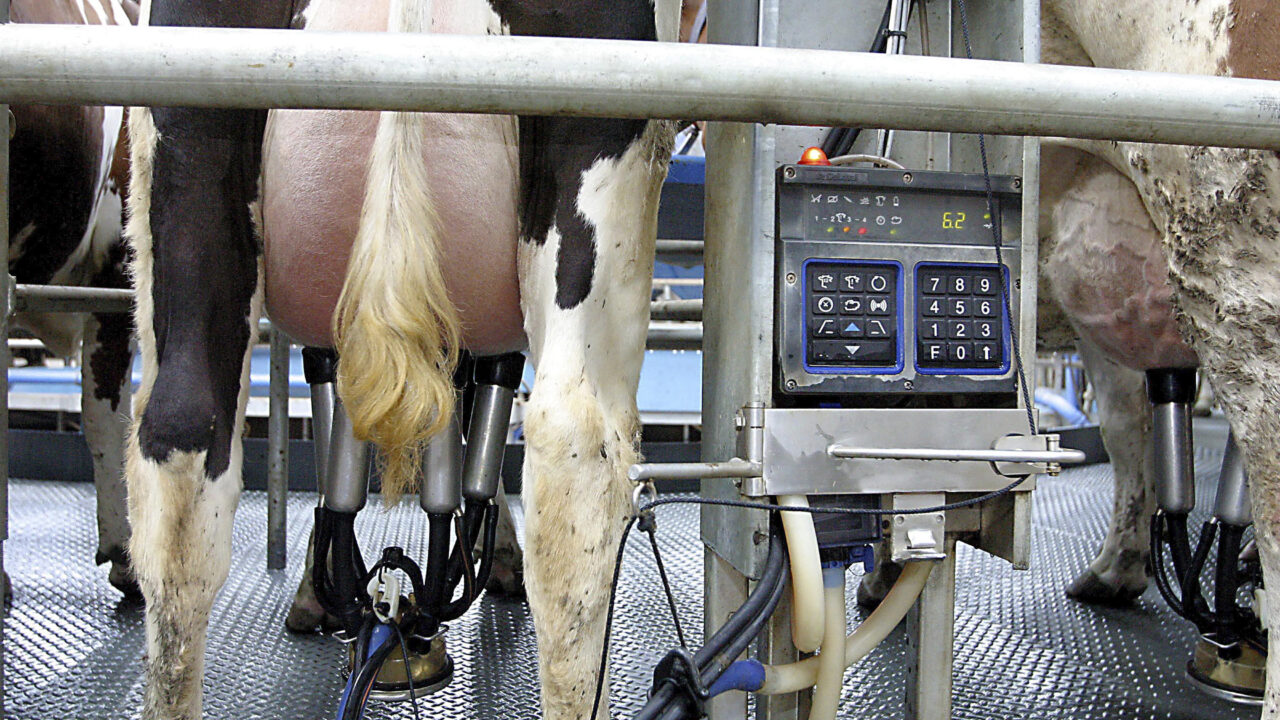Early lactation is a high-risk time for bulk tank residues, particularly antibiotics. This is according to Animal Health Ireland (AHI) in its latest CellCheck advice.
“Many cows will have received antibiotic dry cow treatment after the last milking of the last lactation. Minimum dry periods and milk withholding times are there to ensure that no antibiotic residue is present, by the time the milk of the freshly-calved cow is included in the bulk tank,” it outlined.
According to AHI, contamination of milk with antibiotics is a serious food safety matter and milk processors have stringent penalties if milk supplies are found to be positive for residues.
In terms of how to avoid residue problems, it outlined the follow advice.
“Write down the dates on which cows were treated with dry cow therapy, and when their withholding periods are up (based on the manufacturer’s recommendations),” it said.
If cows calve early, AHI has advised to make sure the minimum dry period has passed before putting their milk into the tank.
“Keep colostrum and transition milk from all freshly calved cows out of the bulk tank. At least the first eight milkings should be withheld from the tank – whether cows have received dry cow treatment or not,” it added.
If a farmer suspects an error in cow identity, treatment or calving date records, AHI has stressed not to put the milk in the tank until the issue is resolved and to consult your milk processor immediately.
Many processors will offer an option to pre-test milk before collection in spring, AHI is advising farmers to avail of this to help ensure that the bulk tank is residue-free.
In conclusion, if farmers suspect any cows have been milked into the tank by mistake, AHI is calling on farmers to notify their milk processor immediately to avoid contaminating a full load of milk.
For more information on reducing the risk of residues in milk, see its management notes E&F in the CellCheck Farm Guidelines for Mastitis Control available on www.ahi.ie.
